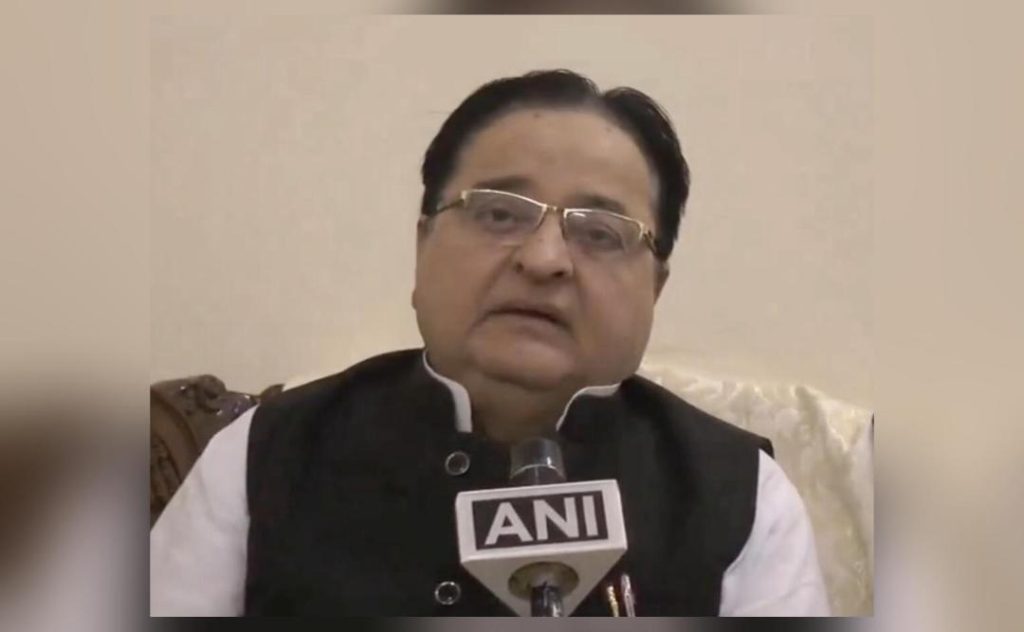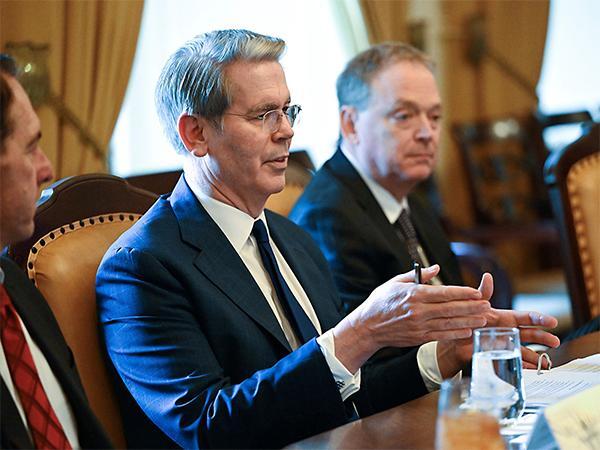
Title: Muslims have become experimental lab: SP’s ST Hasan on Waqf Bill
The recent passage of the Waqf (Amendment) Bill, 2025, has sparked widespread controversy and debate in India. The bill, which aims to bring Muslim waqf properties under the purview of the central government, has been met with fierce opposition from various quarters. Amidst the intense scrutiny, Samajwadi Party (SP) leader ST Hasan has made a sensational claim, stating that the Muslim community has become an “experimental laboratory” in the country.
Hasan’s remarks have sent shockwaves across the nation, with many questioning the motives behind the bill and the potential consequences it may have on the Muslim community. In an interview, Hasan expressed his deep-seated concerns about the bill, terming it “unconstitutional” and stating that it may ultimately be rejected by the Supreme Court.
“It’s an unconstitutional bill. It’s possible that the Supreme Court will reject it,” Hasan said, adding that the bill is a clear attempt to undermine the rights and autonomy of the Muslim community. “These are ways to destroy…country. One day, it’ll be revealed who all were involved with foreign forces to weaken…country,” he stated.
Hasan’s comments have been met with widespread condemnation from various quarters, with many accusing him of spreading hatred and divisiveness. However, it is essential to examine the context and implications of the Waqf Bill to understand the concerns and fears that have led to such a strong reaction.
The Waqf Bill, in its current form, seeks to give the central government more control over Muslim waqf properties, which are currently managed by state waqf boards. Proponents of the bill argue that it will bring greater transparency and accountability to the management of these properties, which are valued at over Rs 1 lakh crore. However, critics argue that the bill is a thinly veiled attempt to undermine the autonomy and rights of the Muslim community, and to pave the way for further communal polarization.
One of the primary concerns surrounding the bill is the potential for government interference in the management of waqf properties. Under the current system, state waqf boards are responsible for managing these properties, which are used to support charitable activities and provide financial assistance to the needy. However, the new bill would give the central government more control over the management of these properties, raising concerns about potential government interference and manipulation.
Furthermore, critics argue that the bill is a clear attempt to undermine the rights and autonomy of the Muslim community. The Waqf Board, which is responsible for managing waqf properties, is an important institution within the Muslim community, providing financial assistance and support to the needy. By giving the central government more control over the management of these properties, the bill would effectively undermine the autonomy and decision-making power of the Waqf Board.
The implications of the Waqf Bill go beyond the immediate issue of property management. The bill has the potential to further polarize the Indian society, exacerbating existing communal tensions and divisions. The Muslim community has already faced numerous challenges and discrimination in recent years, including the controversial Citizenship Amendment Act (CAA) and the National Register of Citizens (NRC).
In this context, ST Hasan’s remarks about the Waqf Bill being an attempt to “destroy the country” and involve foreign forces in weakening the country’s unity take on a more sinister tone. While it is impossible to predict the exact outcome of the bill, it is clear that the Muslim community is deeply concerned about the potential consequences of this legislation.
In conclusion, the passage of the Waqf (Amendment) Bill, 2025, has sparked intense debate and controversy in India. SP leader ST Hasan’s remarks about the Muslim community being an “experimental laboratory” have raised concerns about the potential consequences of this legislation. While the bill may have been intended to bring greater transparency and accountability to the management of waqf properties, its implications go far beyond this immediate issue. The bill has the potential to further polarize the Indian society, exacerbating existing communal tensions and divisions.
As the country moves forward, it is essential to engage in a nuanced and informed discussion about the Waqf Bill and its implications. It is crucial to listen to the concerns and fears of the Muslim community, and to work towards building greater understanding and tolerance between different communities. The passage of this legislation is a critical moment in Indian history, and it is up to us to ensure that it does not contribute to further communal polarization and division.






